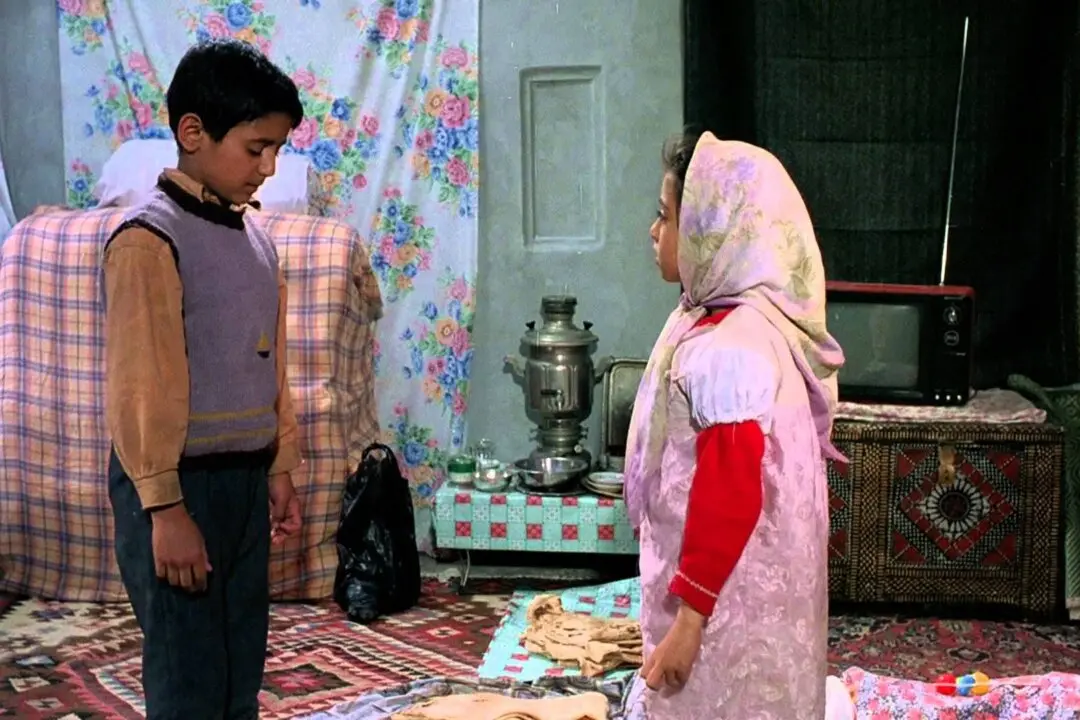PG | 1h 54min | Drama, Musical | 2007
This film begins, fittingly enough, with sound rather than an image. The first sound you hear is the voice of protagonist, Evan (Freddie Highmore), “Listen. Can you hear it? I can hear it, everywhere. In the wind. In the air. … All you have to do is listen.”




